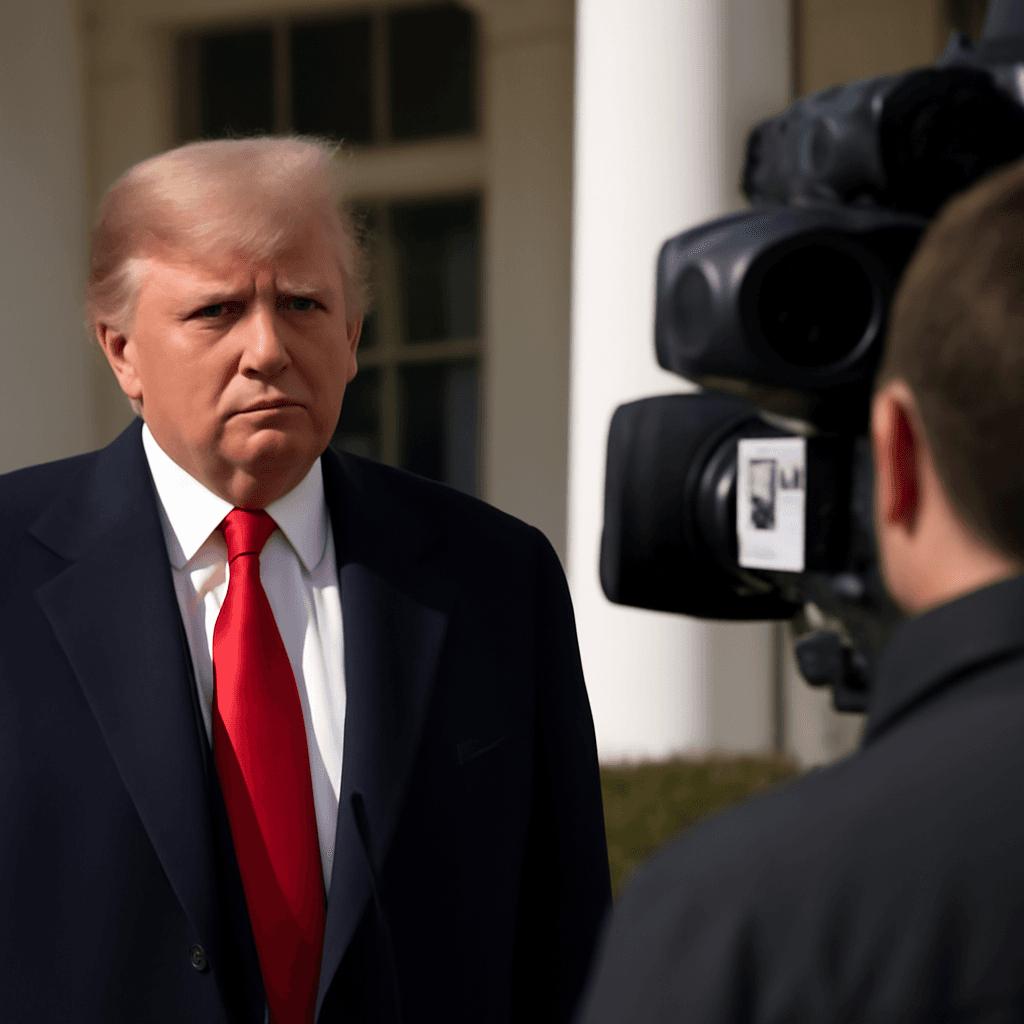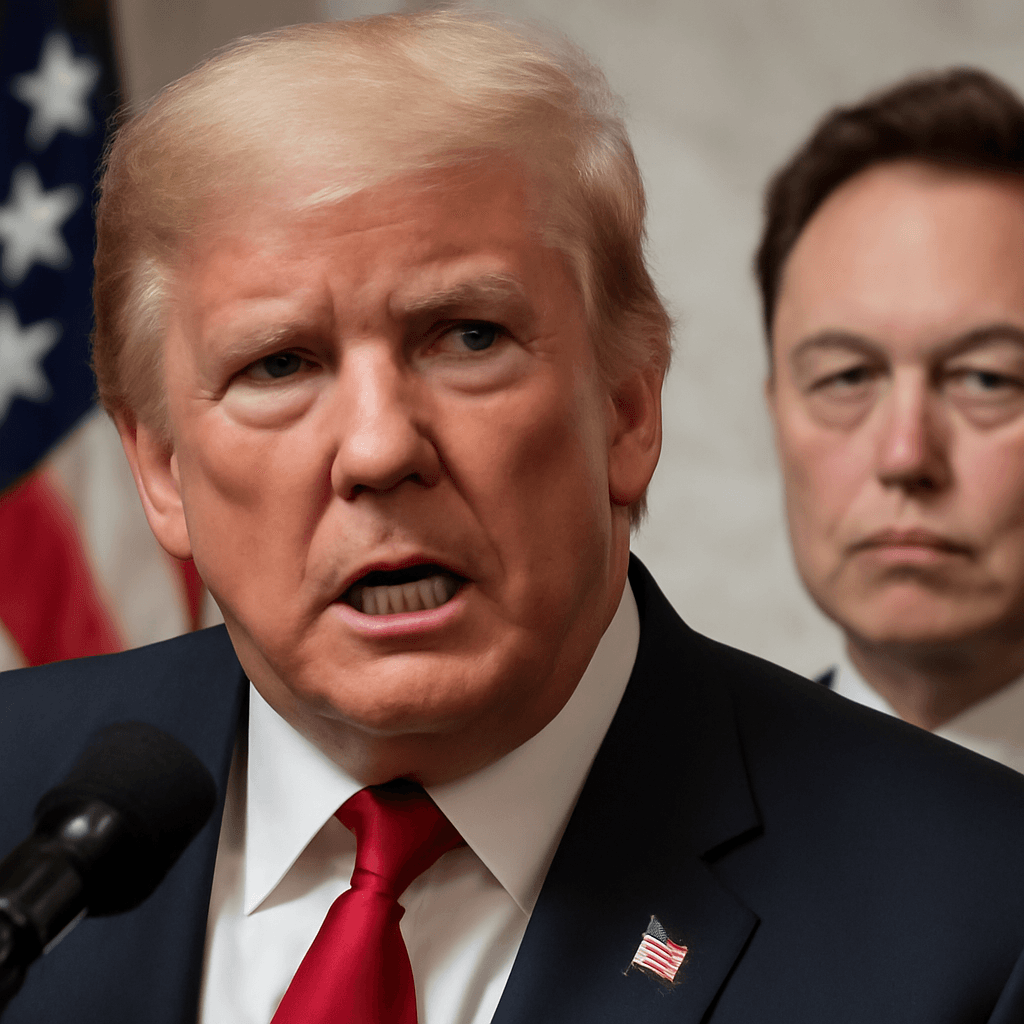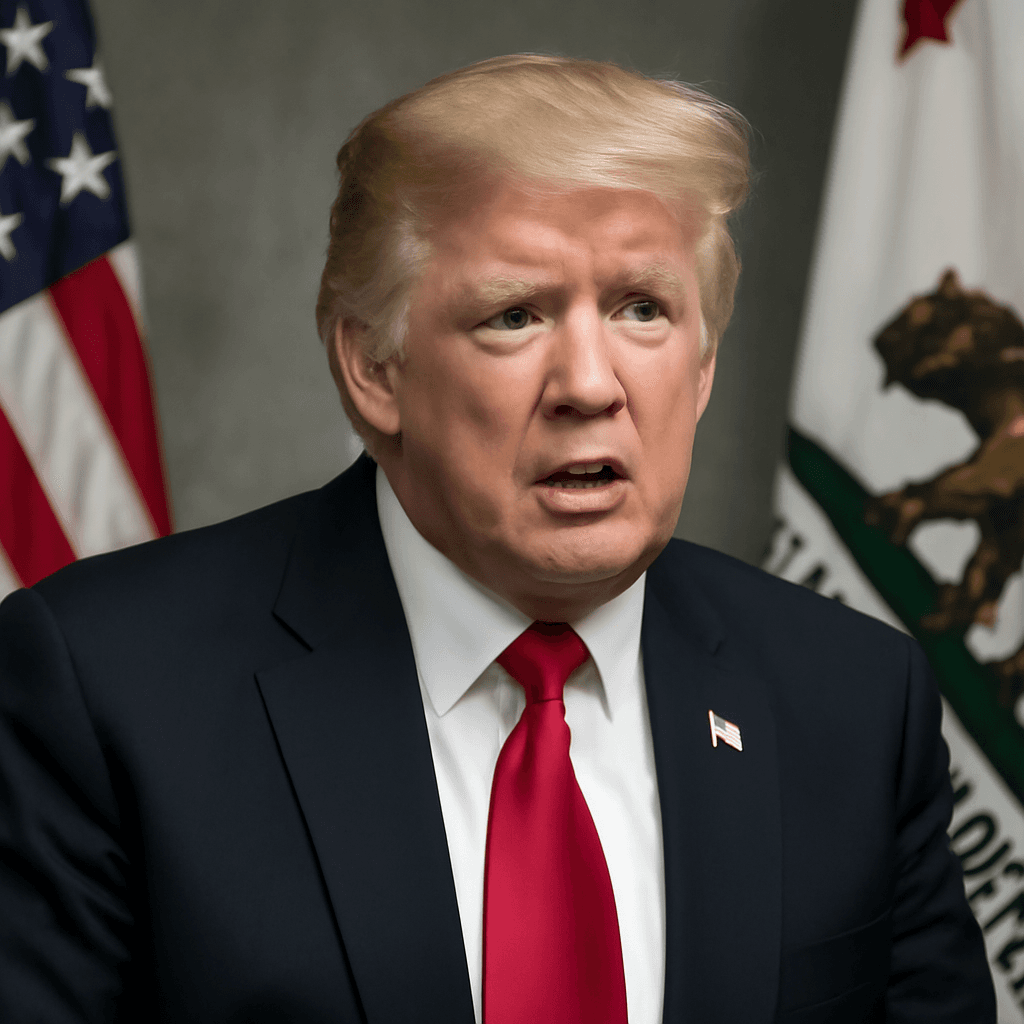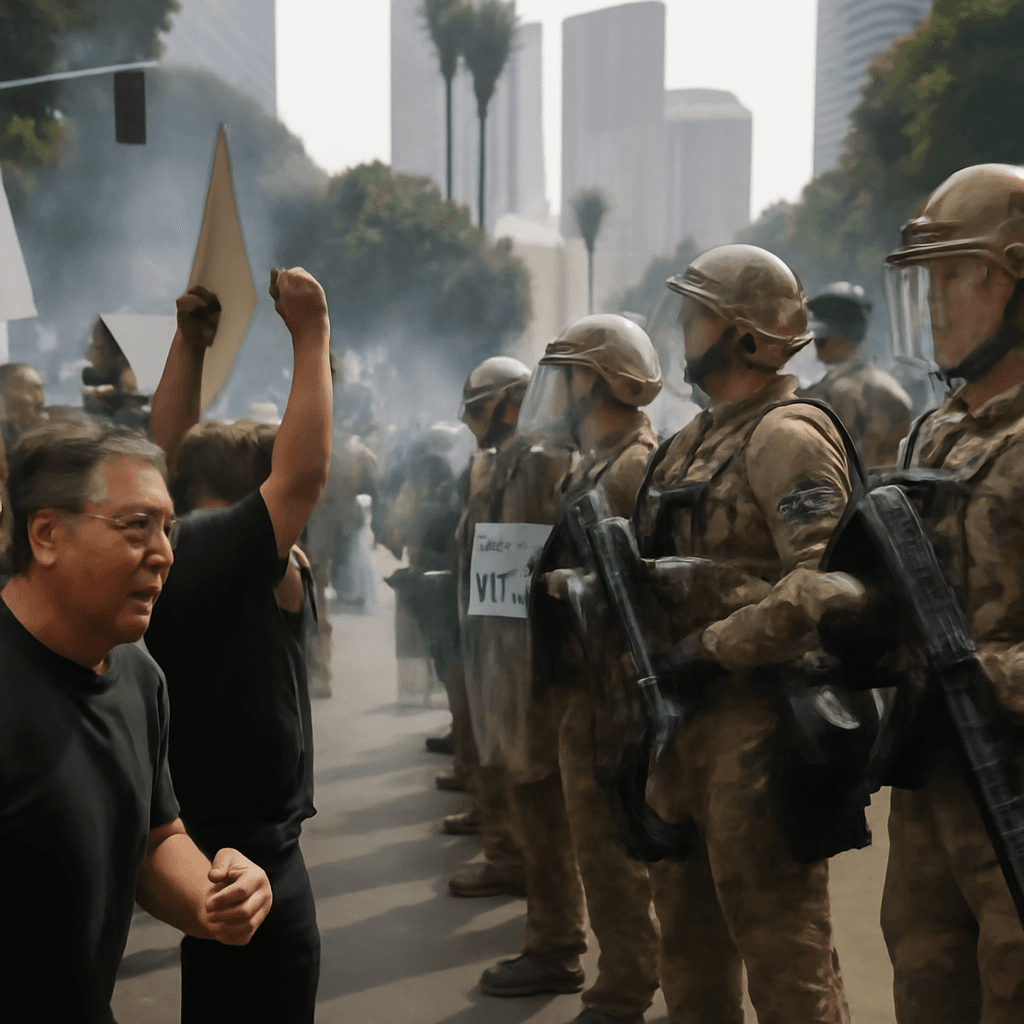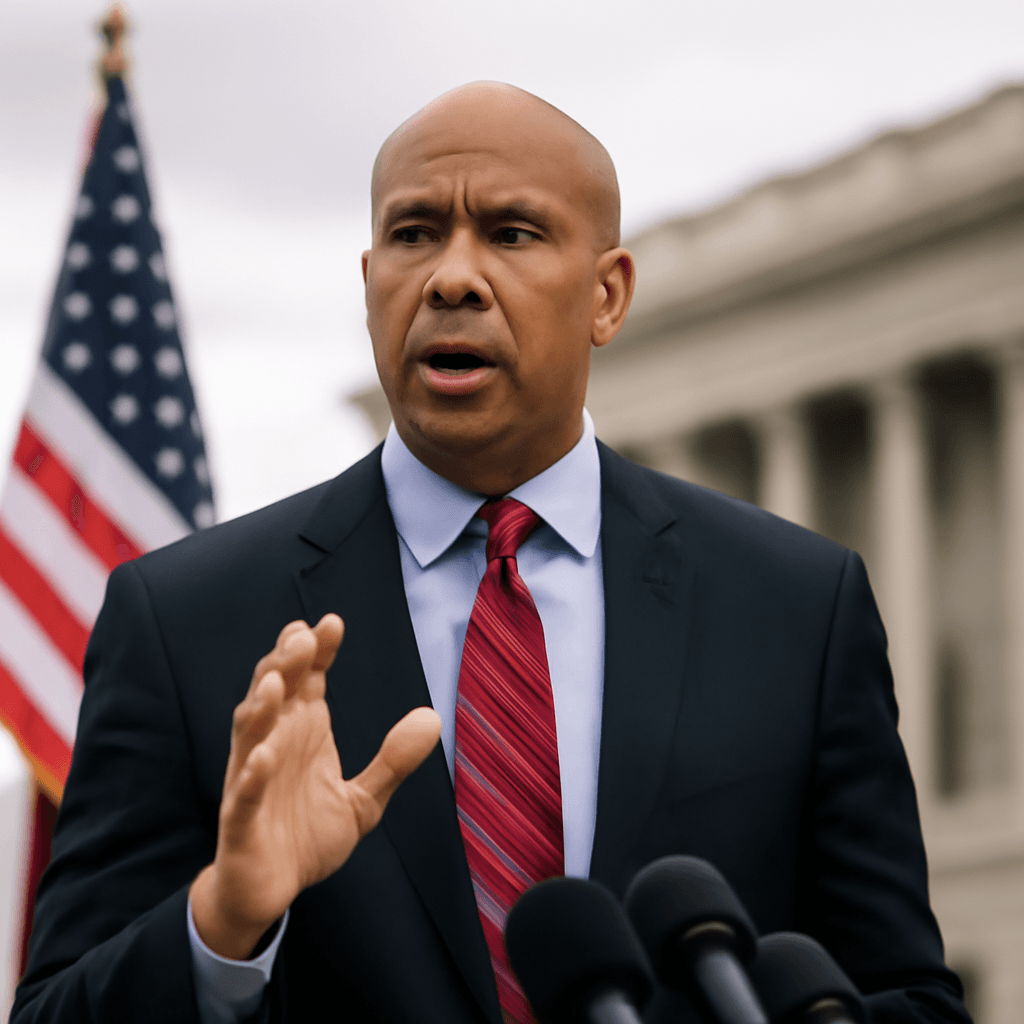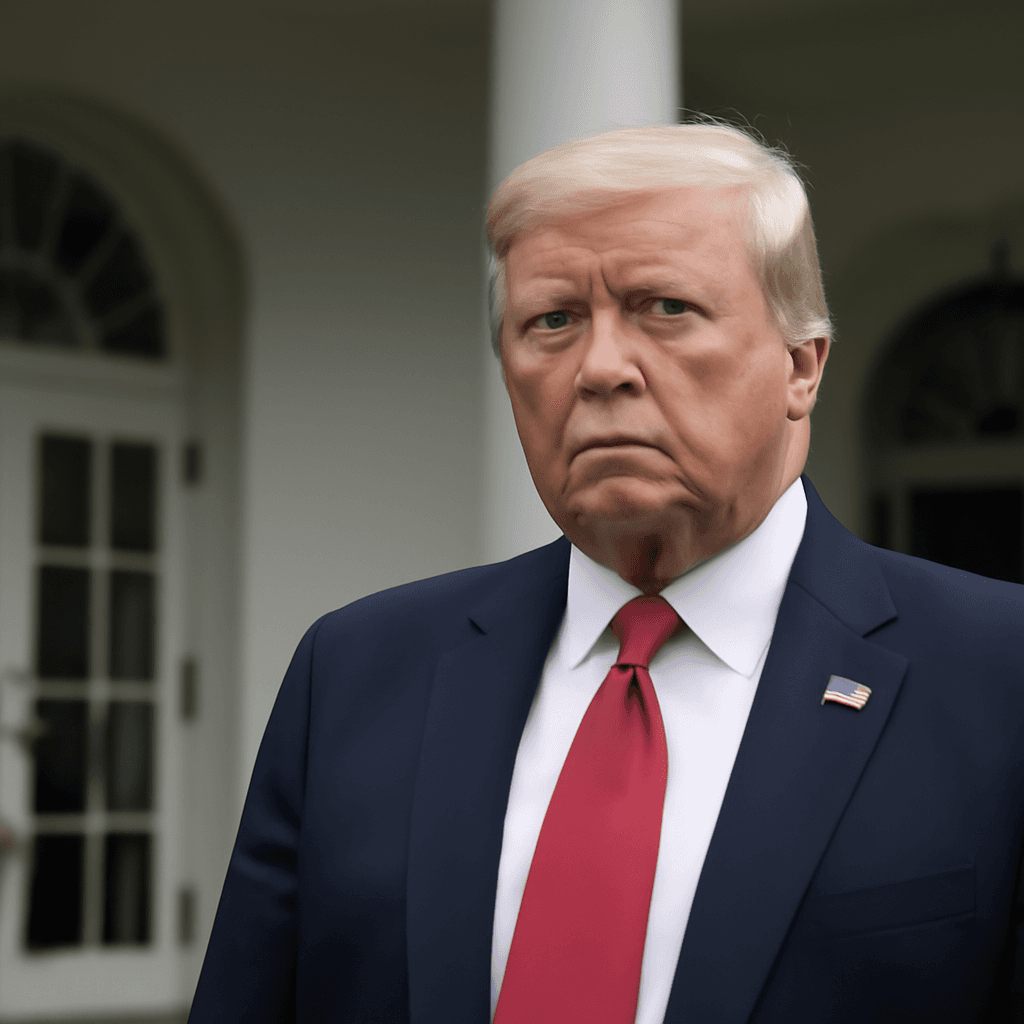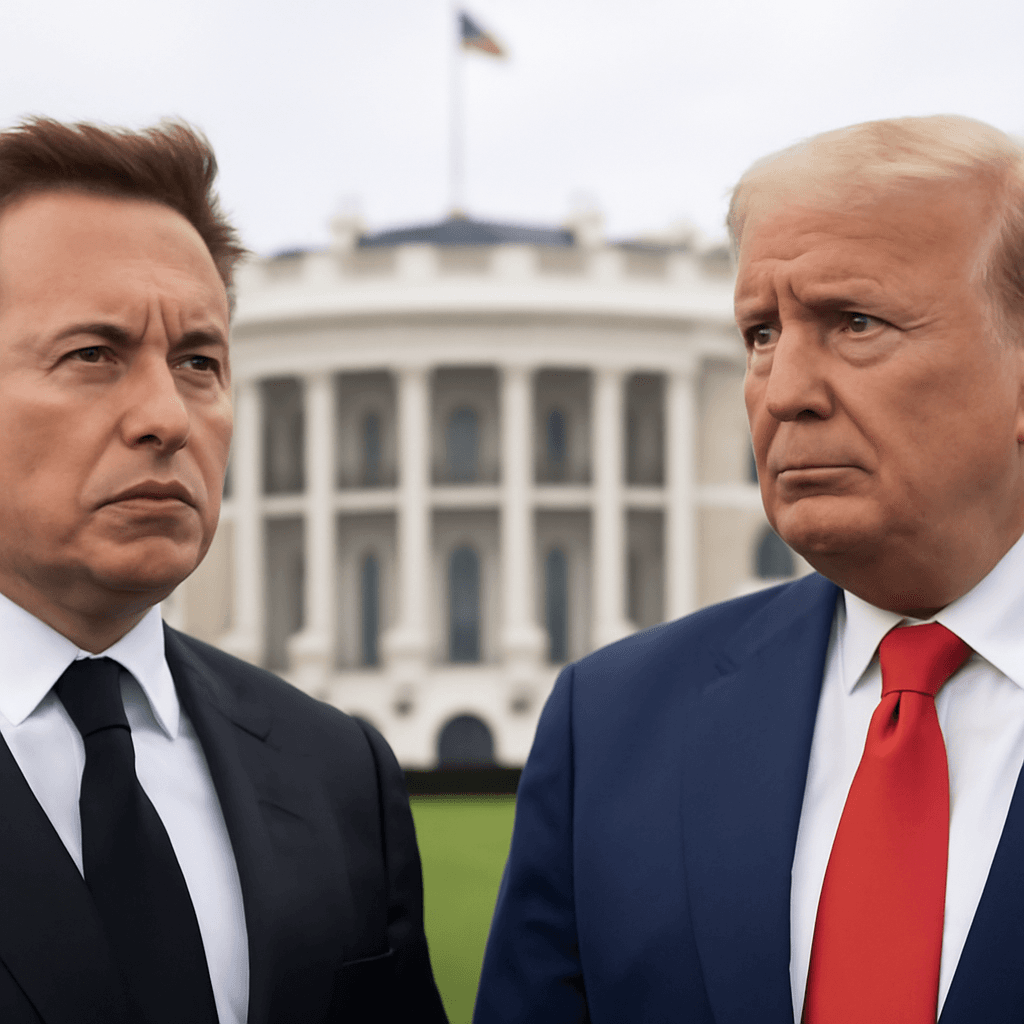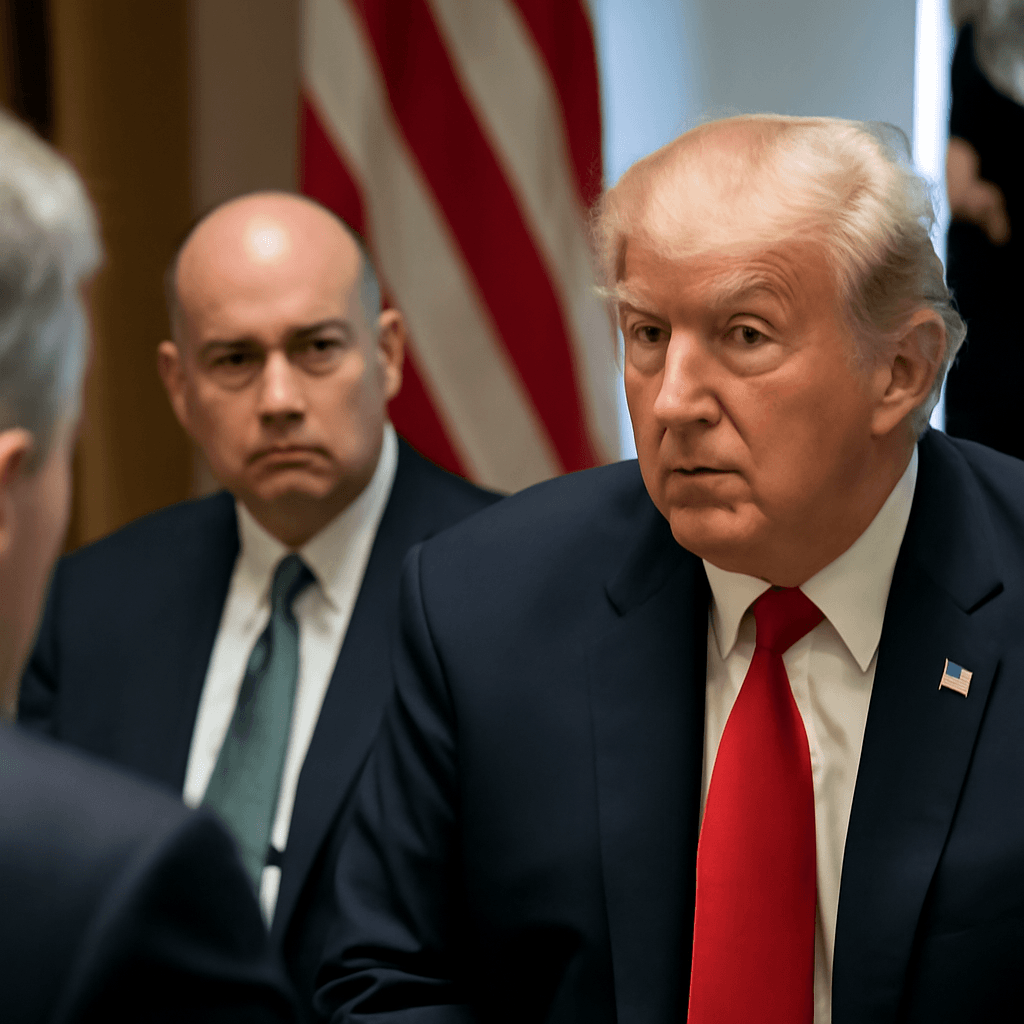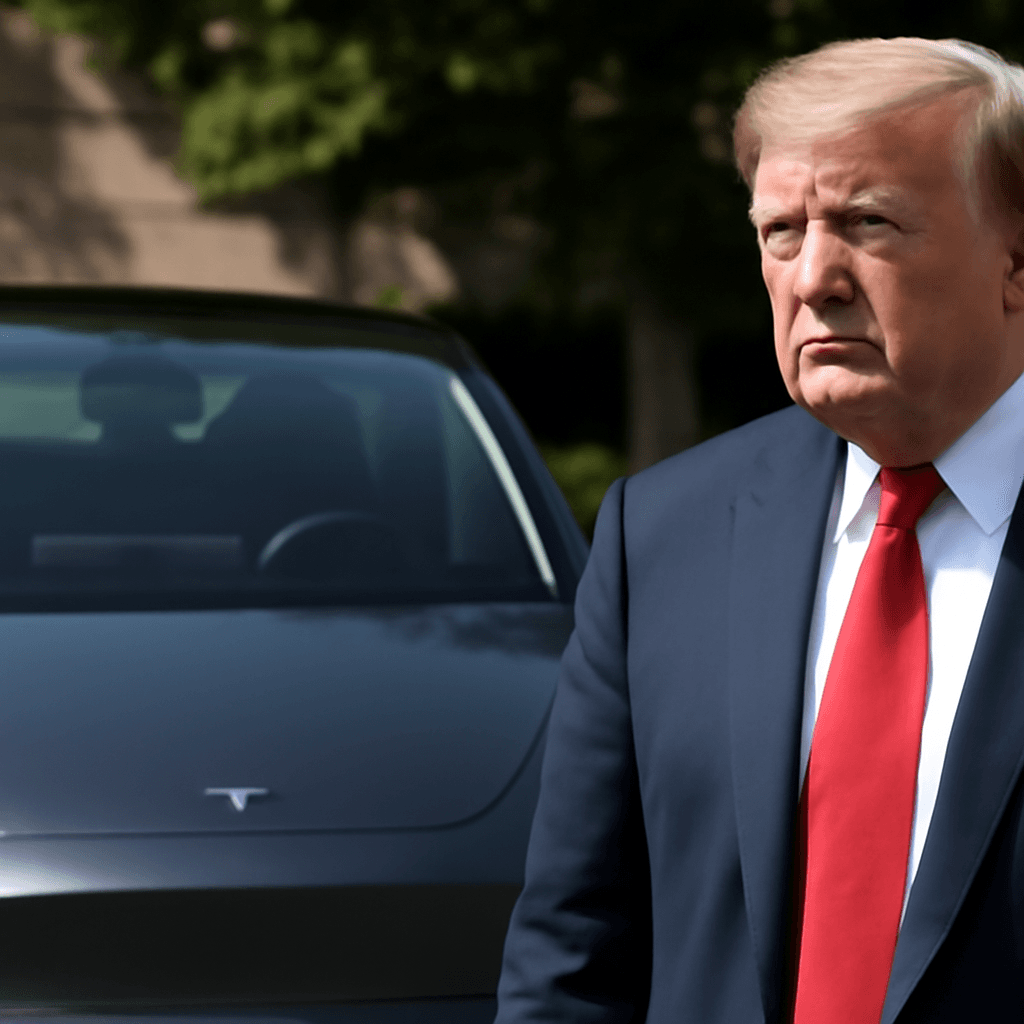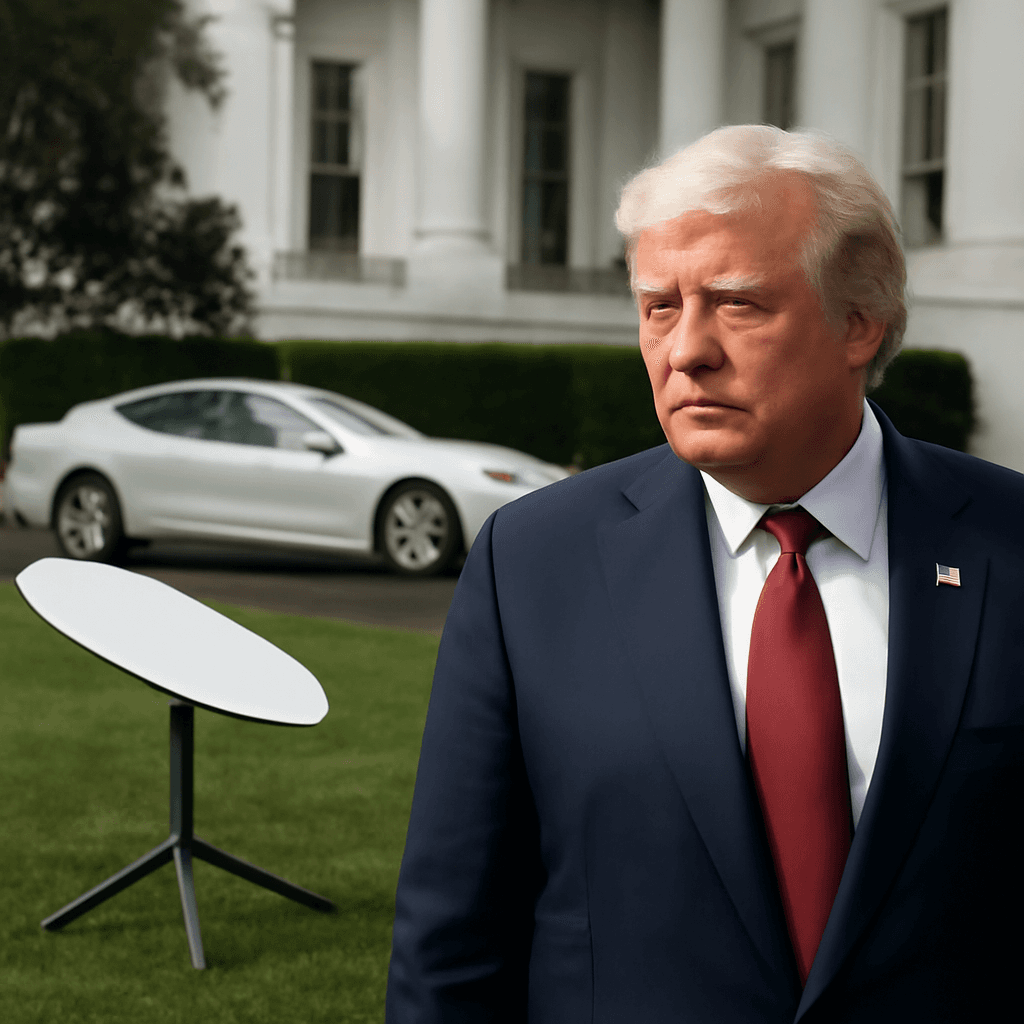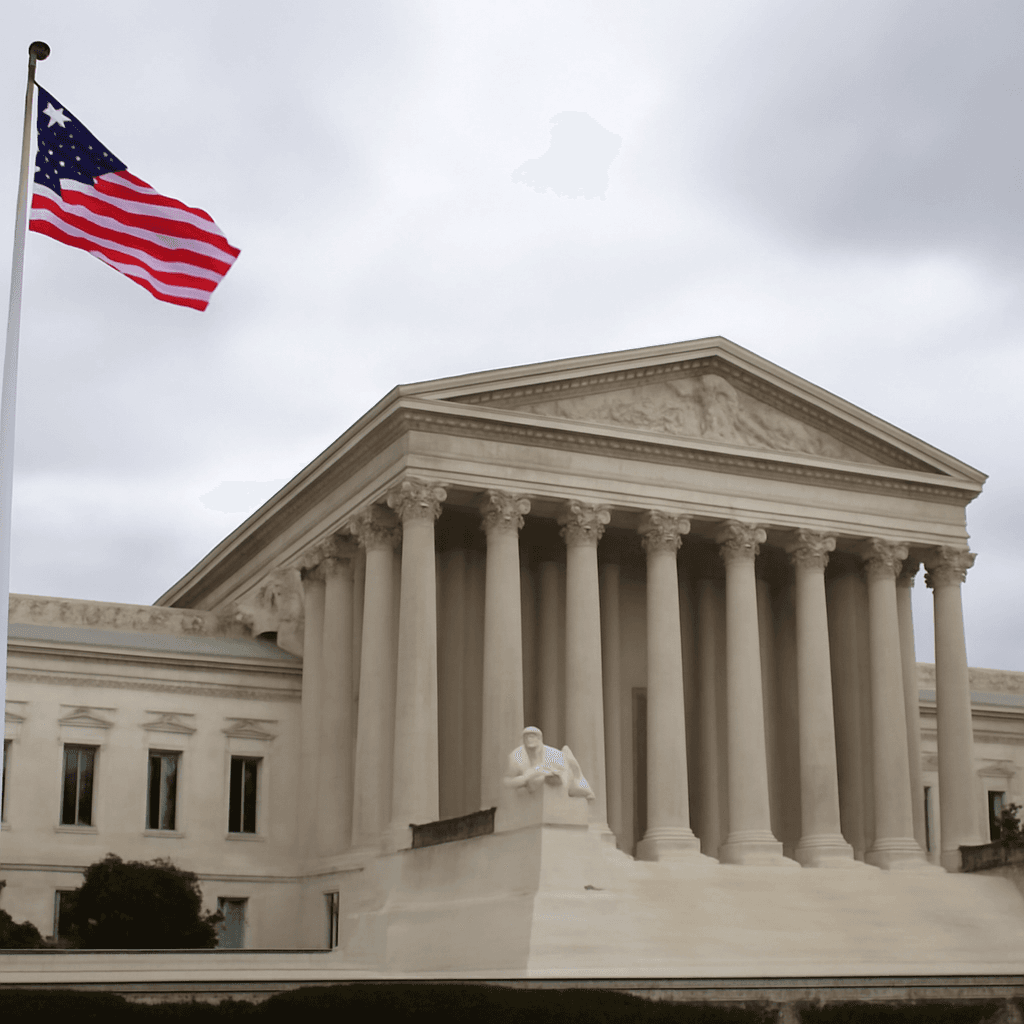Federal Appeals Court Grants Temporary Block on AP Access to White House Events
A federal appeals court has ruled that President Donald Trump can temporarily bar The Associated Press (AP) from certain White House media events. This decision pauses a lower court order that had mandated restored access for the news agency's journalists.
Background of the Dispute
The conflict originated when AP journalists were prohibited from entering the Oval Office and traveling aboard Air Force One since mid-February. This ban followed AP's refusal to comply with President Trump’s directive to rename the "Gulf of Mexico" the "Gulf of America." Instead, AP continues to use the historical name "Gulf of Mexico," which it states has been in use for over 400 years.
Legal Proceedings and Court Rulings
In April, U.S. District Judge Trevor McFadden ruled that barring AP from White House activities violated the First Amendment, which protects freedom of the press and speech. However, the appellate court’s recent decision grants the government a stay on that ruling pending appeal.
The court emphasized that restricted presidential spaces, such as the Oval Office, do not fall under First Amendment protections, allowing the White House discretion over which journalists gain access. The ruling highlighted concerns about "irreparable harm" to the President's control over private workspaces should the injunction remain in place.
Implications for Media Access and White House Relations
The Associated Press, a historic and leading news organization, maintains its position to continue using the traditional geographical naming despite the White House's stance. This disagreement epitomizes the tense relationship between President Trump and much of the mainstream media, which he has often criticized as adversarial.
Since resuming office, the Trump administration has altered media coverage protocols by prioritizing conservative media figures and curtailing traditional press privileges. Notably, shortly after banning AP, the White House revoked a long-standing journalistic privilege allowing reporters to self-select members of the presidential media pool.
Broader Media Policy Challenges
Beyond access controversies, the administration has pursued regulatory changes affecting publicly funded media, including moves to reduce funding for National Public Radio (NPR) and the Public Broadcasting Service (PBS), as well as efforts to dismantle government-funded outlets such as Voice of America and Radio Free Europe/Radio Liberty.
Summary of Key Points
- AP barred from White House restricted areas over refusal to rename Gulf of Mexico.
- District court initially ruled this violated First Amendment rights.
- Federal appeals court stayed the order, allowing continued exclusion pending appeal.
- White House retains broad discretion over media access to presidential spaces.
- Broader context includes White House media policy shifts and funding challenges for public media.

